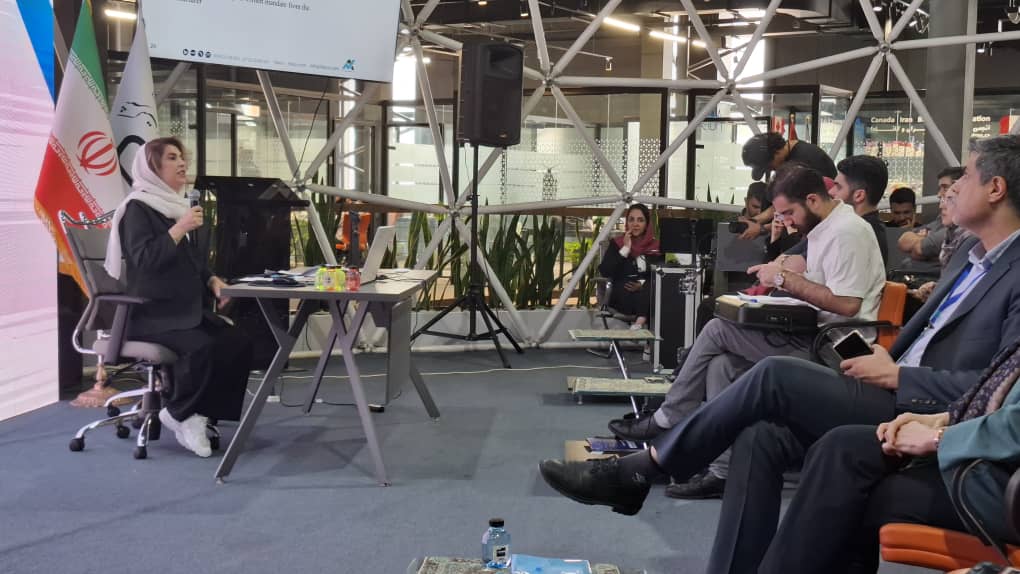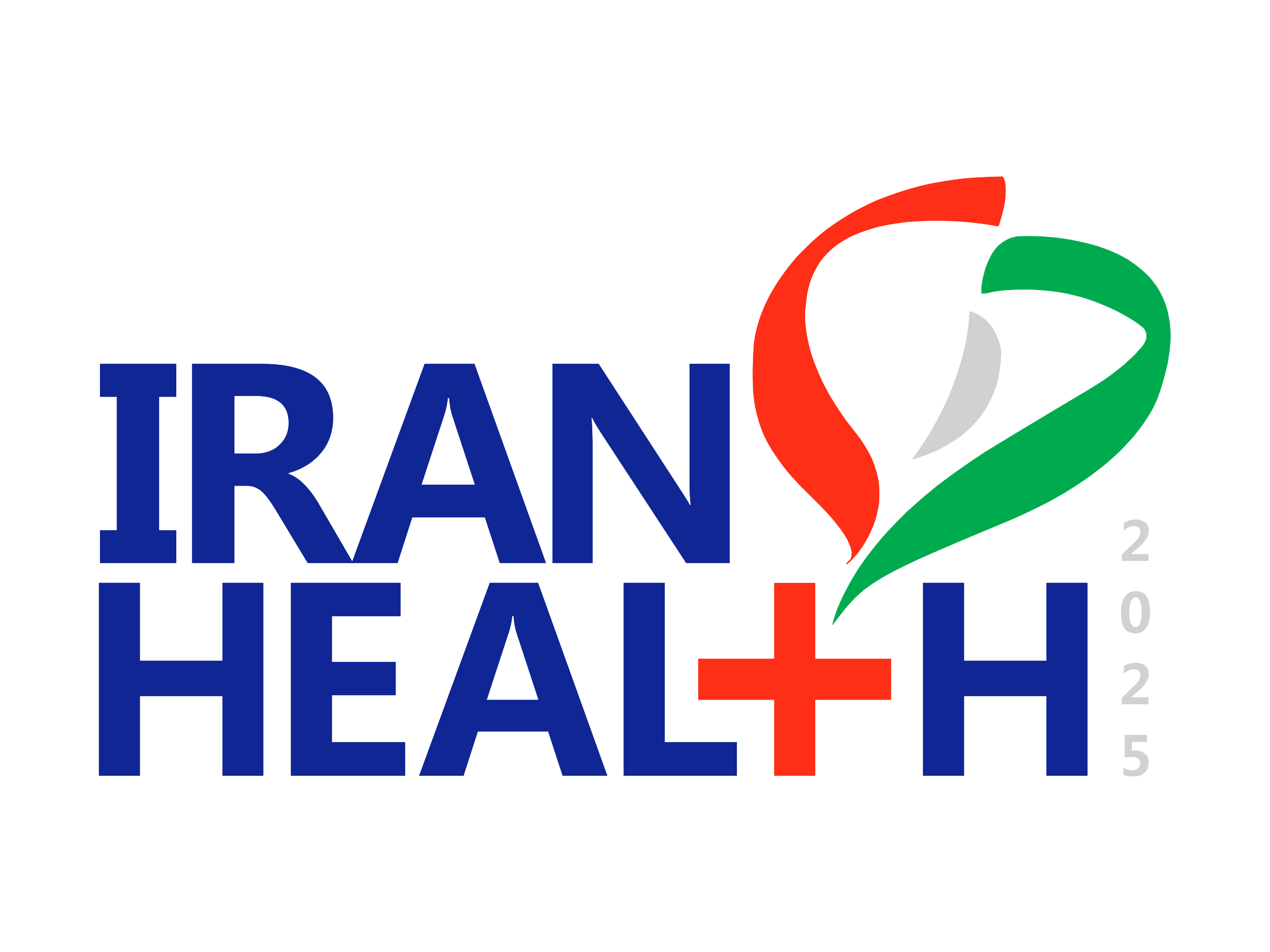CE Certificate: TheKey to Accessing More Than 70% of Global Markets

June 10, 2025 – Zahra Akbari, CEO of Ayandeh International Quality Assessment, emphasized in a specialized panel on CE certification essentials that the CE mark—short for Conformité Européenne—is not merely an optional label but a mandatory license for entry into international markets. Currently, over 70% of countries worldwide require CE certification for imported products, making it a critical step for any manufacturer aiming for global expansion.
Akbari explained that the CE certification process involves several crucial steps, starting with registration in the official European Union database, known as EUDAMED. Without this registration, companies cannot even request quotes from notified bodies for certification. This step includes registering the manufacturer, products, and European representative.
She highlighted that manufacturers do not need to have a physical office in the European Union; however, they must appoint a legally registered European representative, who acts as a quality guarantor. Under the new regulations, this representative must be a registered legal entity with an SRN (Single Registration Number), which must also be displayed on product labels.
Preparing comprehensive technical documentation is another essential requirement. No notified body will issue a CE certificate without this documentation, which must be structured according to the latest MDR guidelines. For most product classes, the evaluation must be conducted by a notified body, except for lower-risk categories such as Class I or IVD Class A, where self-declaration is permitted after documentation and registration.
Akbari also stressed the importance of correctly identifying the product’s risk class under MDR regulations, which consider factors such as product type, intended use, duration of patient contact, invasiveness, application site, and associated risks. Misclassification can result in delays or rejection of the certification application.
Additionally, companies must appoint a PRRC (Person Responsible for Regulatory Compliance) in Europe, who must have at least two years of experience in the medical device sector, expertise in Quality Management Systems (QMS), and full familiarity with MDR requirements.
Once all requirements are met, including registration and documentation uploads, the CE certificate is issued and published on the EU portal. Akbari concluded that using specialized consultancy services can help Iranian manufacturers streamline the process, which typically takes two to three months if all prerequisites—especially the SRN—are in place.
Ultimately, she noted that relying on outdated documentation or local regulatory approvals is insufficient. Only full compliance with MDR and proper registration in EU systems can secure the CE mark and open the door to global markets.
